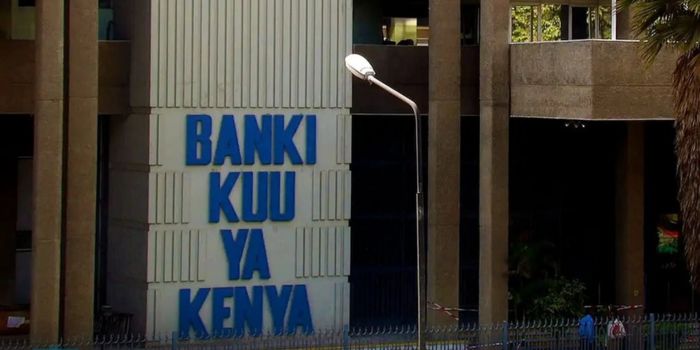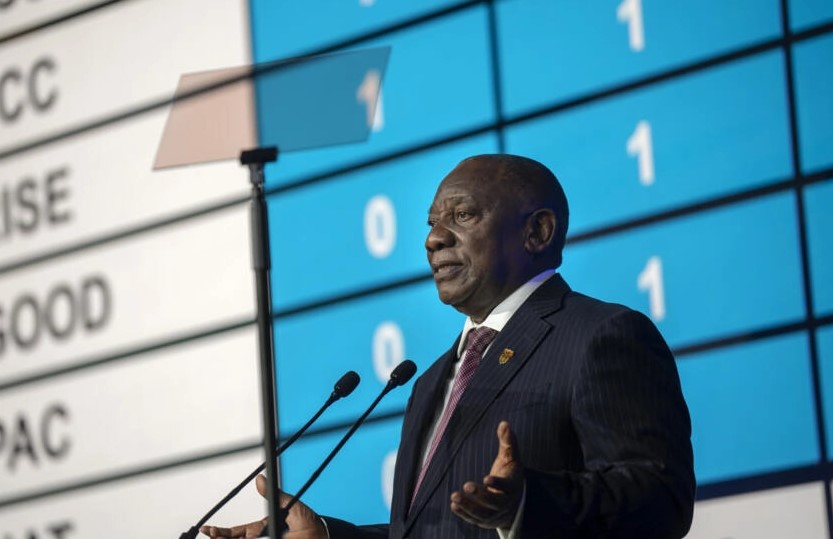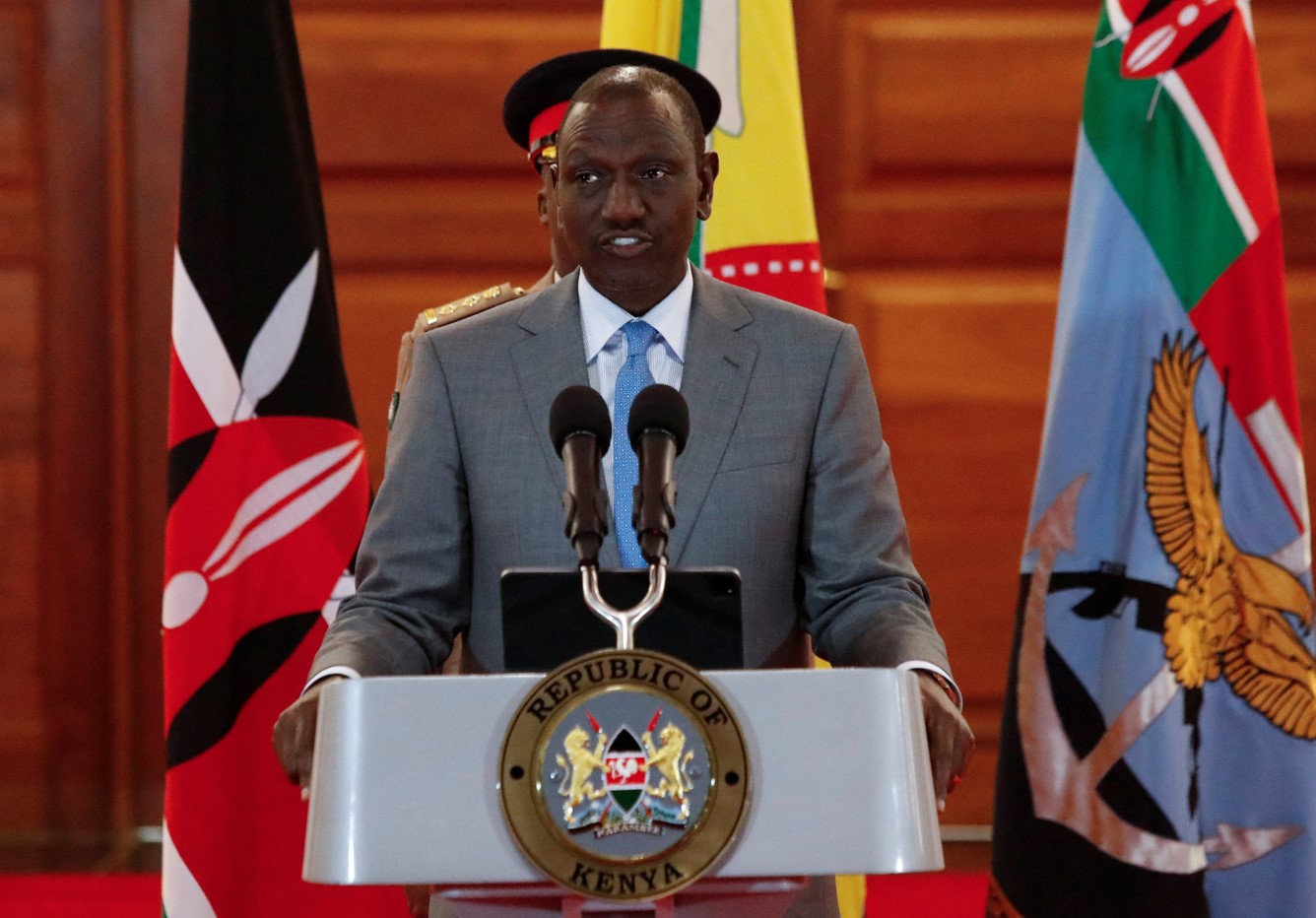Tougher month ahead for consumers as forex reserves continue to dwindle

By Alfred Onyango |
Data by the Central Bank of Kenya (CBK) shows the usable foreign exchange reserves stood at $6.97 billion (Sh911.8 billion), or just about 3.6 months of import cover as of May 29.
Kenya's forex reserve dwindled below the $7 billion (Sh915 billion) mark for the second time in May, signalling a strain on dollar supply, which could cause the shilling to reverse its gaining trend, leading to a rise in import costs.
Data by the Central Bank of Kenya (CBK) shows the usable foreign exchange reserves stood at $6.97 billion (Sh911.8 billion), or just about 3.6 months of import cover as of May 29.
Keep reading
The record marks three consecutive weeks of decline since May 9, when the reserves stood at $7.18 billion (Sh938.6 billion), just about 3.8 months of import cover.
It declined to $7.13 billion (Sh932 billion) in the following week, ending May 16, then to $6.99 billion (Sh913.7 billion) in the week ending May 23.
The CBK wants to keep the forex reserves at no less than $7.41 billion, or four months of import cover, which would indicate the country's long-term economic buoyancy.
The shrinking FX reserve is likely to pile more pressure on the shilling and constrain importers, who heavily rely on the reserves to access the much-needed dollars for their imports.
With Kenya being a net importer, if the shilling continues its weakening streak, costly imports would be the result, and the burden would eventually be passed down to consumers.
The local currency has experienced a freefall against the dollar since early 2020, when it started weakening, losing close to 30 unit values to date. The apex bank quoted the shilling at 130.73 against the dollar on Wednesday.
The reserve bank often sells an unspecified amount of dollars from the reserves to cushion the local currency by increasing the number of dollars circulating in the interbank and money markets.
Countries also rely on FX reserves to repay external debts, as they are mostly dollar-denominated, finance imports, and act as buffers to potential external shocks for the country.
Although the CBK did not give reasons for the three-week decline, experts explain that reserves normally dwindle when the bank repays interest or principal on government debts, and rise when it receives a foreign loan.
Despite the decline, the apex bank maintained a brave face, saying the usable foreign exchange reserves meet its statutory requirement to maintain at least 4 months of import cover.



















